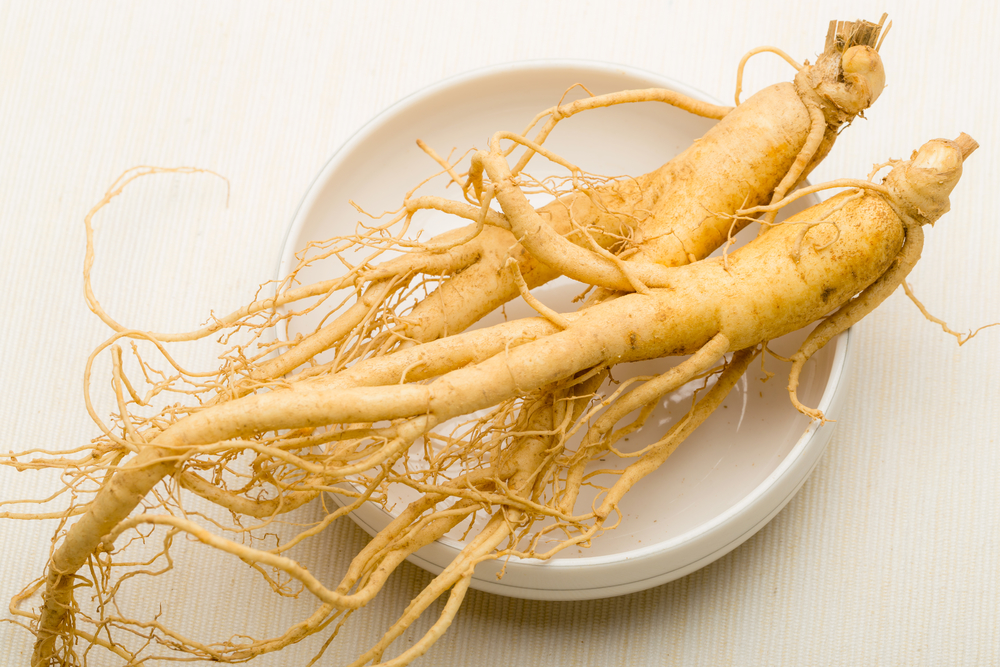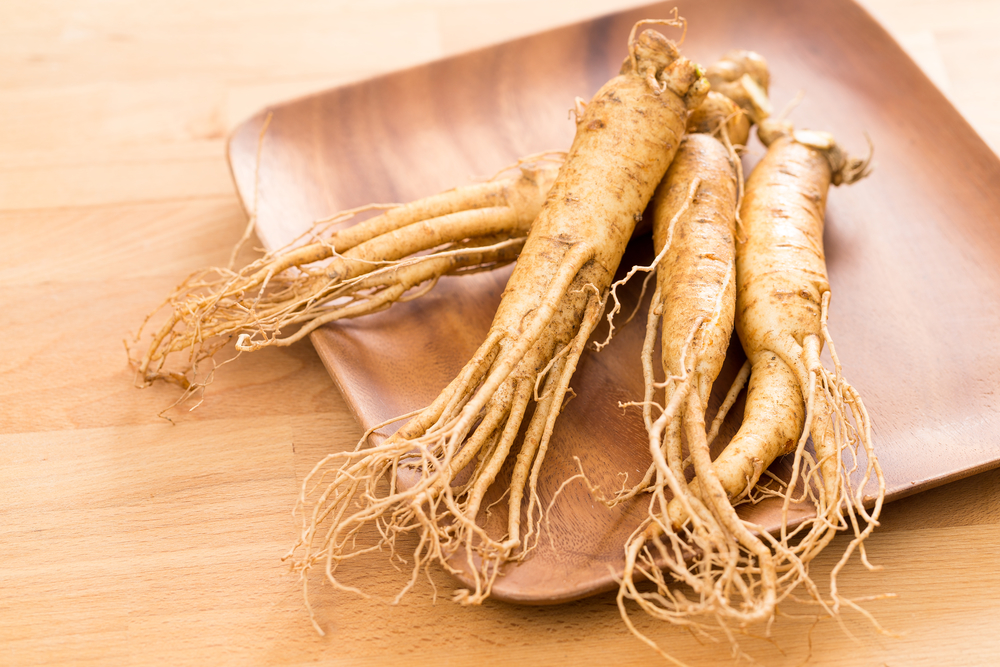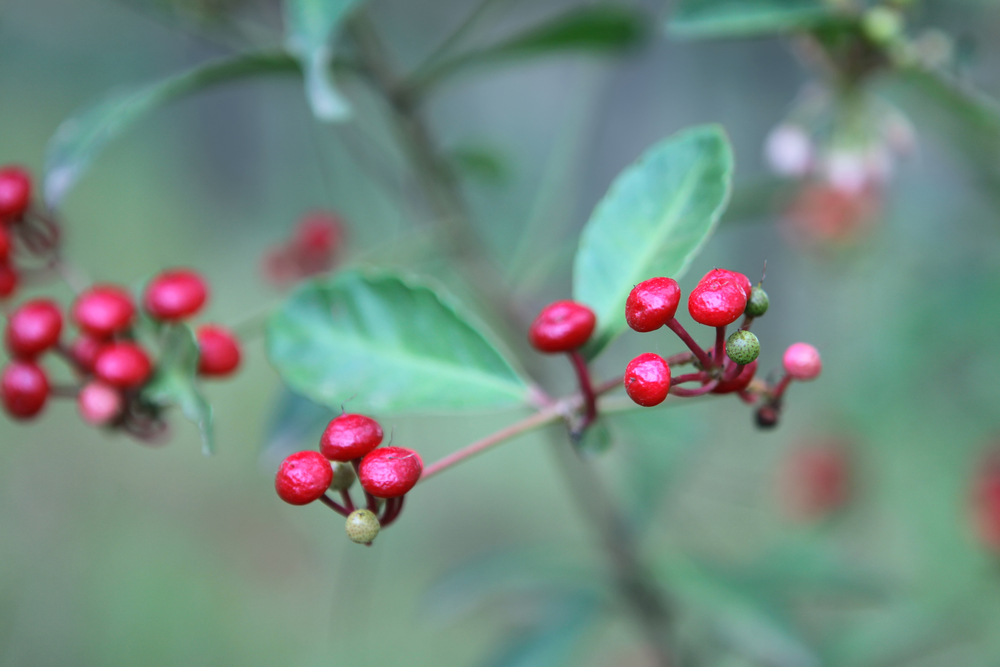Traditional Chinese herbal medicine
Traditional Chinese Medicine is usually called “herbal medicine” in the West. However, there are critical differences between the western definition and the traditional Chinese notion, primarily because western medicine is based on exact compositions and ingredients, while the traditional Chinese practice is to boil dozens of herbal plants together into a pot without having any acknowledgment of the metabolic pathways and the chemical reactions among them. Consequently, the Chinese practice, heavily dependent on passing on traditions from one generation to another, still largely fails to identify the effective ingredients and their safety index.
Authentic herb plants change their medical properties with the change of their growing environment, factors including climate, water, and soil. Traditional formula of prescriptions passed down over generations, however, stayed the same. This makes it hard to guarantee a consistent clinical effectiveness in the long term. In the Chinese concept of “authenticity”, or “Di-Dao”, Di means land –- the very soil and water from the original place; Dao means nature–the weather, rain, and everything else closely related to the growth of herbal plants. For example, Chinese yam grown in the provinces of Anhui and Jiangsu can look remarkably similar to yam grown out of Henan, but they have very different medical effects. The latter can be used in medicine, while the former is only used as food.
In fact, health products with active ingredients extracted from gingko and blueberry, which are nowadays in great demand in the health product market, have been well researched by scientific institutions from other countries. As a result, their efficacy is totally different from the original herb plants.
And actually, Chinese herb medicine has its own merits in treating many diseases. For example, ginseng, regarded as the king of Chinese herb plants, has been proved to be effective in treating cancers but performs less effective in clinical result. However, for tumor patients, taking ginseng directly will provide nutritious to cancer cell proliferation and also eliminate the anti-cancer efficacy of ginsenosides.
Ginsenoside is a tetracyclic triterpenes ginsenosides with a great active efficacy of Araliaceae ginseng plants (Asian ginseng, American ginseng, Panax Noto ginseng, etc.). Normal ginsenosides will be obtained in the primary extraction step. Rare ginsenosides (including Rb1, Rb2, Rb3, Rc, Rd, Rg1, Rg3, Rh2, Rg5, Rk1, Rk2, Rh3, Rk3), though possess a more active efficacy, is unable to be extracted directly from ginseng plants. They could only be obtained from in vivo transformation and metabolism. And ginsenosides is the exact effective anti-cancer ingredient of ginseng plants.
Rare ginsenosides are totally different from traditional Chinese medicine, and it will be more logical to be called as western medicine. This is similar to the Artemisinin researched by Tu Youyou. Artemisinin is regarded as traditional Chinses medicine in China while as western medicine in the west.


